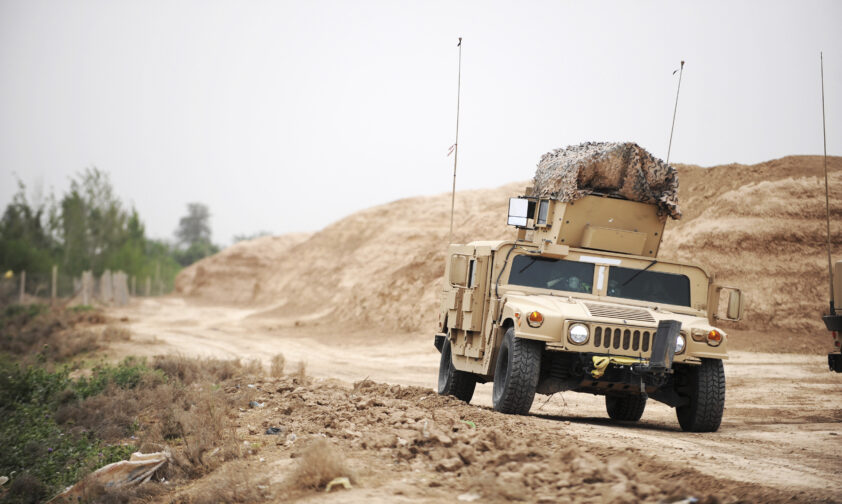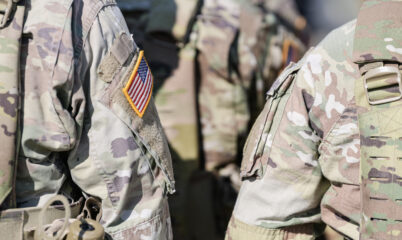
20 years after ‘Mission Accomplished’, our leaders can finally end the wars in Iraq
March marked 20 years since the start of the Iraq War and May marked another anniversary in the timeline of the war.
Twenty years ago, President George W. Bush gave his infamous “Mission Accomplished” speech in which he celebrated “victory” in the war and announced “major combat operations in Iraq have ended” all in front of a massive “Mission Accomplished” banner.
No part of that scene aged well.
Looking back now, we know operations in Iraq had just started in May 2003, and that the most difficult parts of the war were still to come.
CVA’s Policy Director Tyler Koteskey recently reflected on how the war took a worse turn and will be felt for decades to come.
At the time of the president’s speech, Americans had yet to pay the main costs of the Iraq War. The years immediately following “Mission Accomplished” were the deadliest in the conflict, which has left 4,500 U.S. troops killed and over 32,000 wounded. American taxpayers can expect to pay nearly $3 trillion for the Iraq War through 2050 when factoring the costs of veterans’ care, war-related defense spending increases, and additional interest on the national debt.
The legacy of the War in Iraq is one of poor foreign policy decisions and unnecessary harm to U.S. troops. And while our leaders can’t undo the decisions of the past, they can right the ship with better foreign policy going forward. Koteskey continued:
How can we turn the page on this failed legacy? First and foremost, it is past time for U.S. forces to exit Iraq. We have long-since defeated ISIS’ territorial caliphate, leaving no clearly achievable mission left for U.S. forces. Further, the ability of the U.S. and its allies to launch strikes against ISIS leaders is well-proven. Remaining in Iraq only makes U.S. forces subject to ongoing attack from Iranian-backed militias, which have documented ties to the very Iraqi security forces our troops are training and equipping. If the president is unwilling to remove U.S. troops from Iraq, Congress should consider ending funding for our continued presence there, the same method it used to help finally bring the Vietnam War to a close.
Secondly, Americans must demand that Congress take seriously its constitutional obligation to decide questions of war and peace to avoid foolishly sending our men and women in uniform rushing headlong into conflict, or, worse, keeping them in harm’s way for decades with no clear objectives. The 2002 Authorization for Use of Military Force (AUMF) Against Iraq, which provided the legal basis for Operation Iraqi Freedom, was introduced and sent to the White House in just over a week, despite the sweeping consequences of the war.
Read the rest of Tyler Koteskey’s piece on the legacy of the Iraq War in Responsible Statecraft.




